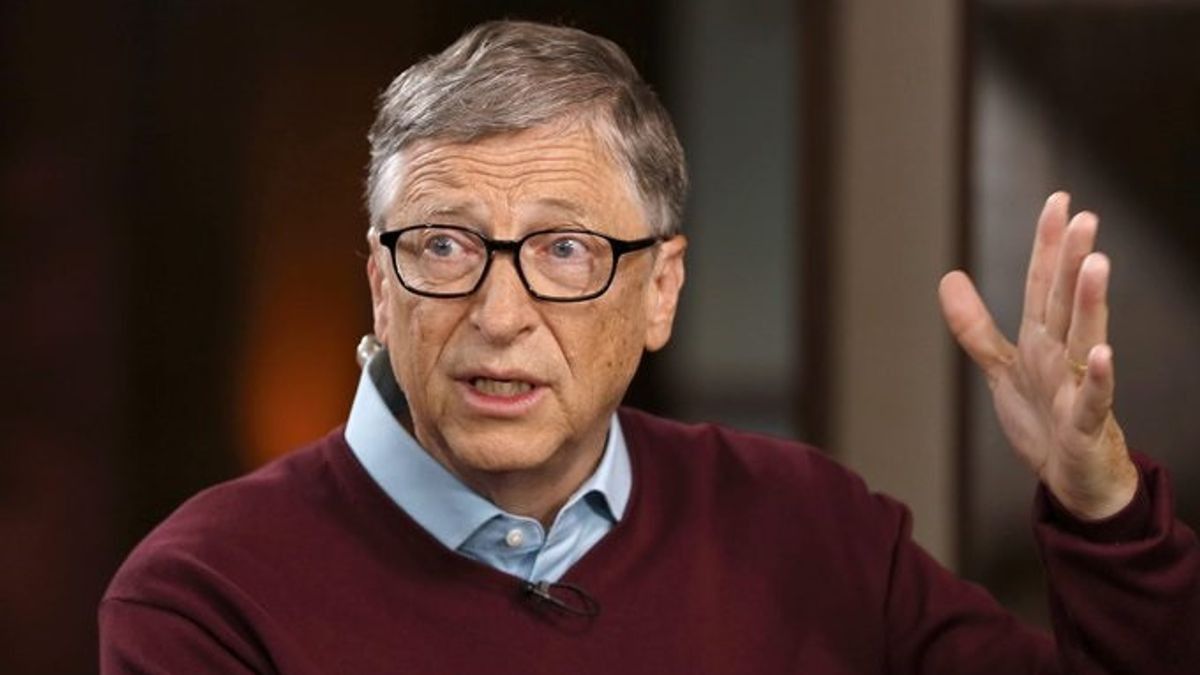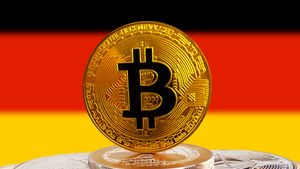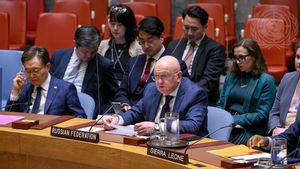JAKARTA - Microsoft founder Bill Gates predicts poor countries will be six to eight months behind in getting access to the COVID-19 vaccine. Gates said it happened because rich countries would protect their populations from the threat of a pandemic.
In an interview with Reuters, Gates called the launch of the first COVID-19 vaccine a "difficult distribution problem and puts pressure on global agencies, governments and drug makers."
"Every politician is under pressure to bid so that their country can be at the top of the queue (for vaccine supply)," Gates said, Wednesday, January 27.
The Bill and Melinda Gates Foundation has so far committed US $ 1.75 billion - approximately Rp.24.7 trillion - in the global response to the COVID-19 pandemic. The funding includes a vaccine-sharing initiative fund, COVAX, which is led by the World Health Organization (WHO) and supported by a number of vaccine manufacturers.
COVAX, which is led by the GAVI vaccine alliance, aims to deliver 2.3 billion doses of COVID-19 vaccine by the end of the year, including 1.8 billion doses to poor countries free of charge. The facility hopes to start shipping next month. Gates said vaccine supply via COVAX would be "moderate" initially.
"The total number of doses that GAVI (and COVAX) will have in the first half of this year is still very moderate. Yes, they will be getting several doses. But if you compare when they will achieve the same percentage coverage as rich countries, that's where I think six. up to eight months, based on the best case scenario, "he said.
GAVI CEO and co-leader of COVAX, Seth Berkley, warned of a "vaccine panic" with countries pursuing bilateral deals with drug manufacturers to secure vaccine supplies for them, even threatening legal action if supplies were delayed.
Gates said such pressure was not helping, given that pharmaceutical companies such as Pfizer, BionTech, AstraZeneca and Moderna all developed a COVID-19 vaccine in less than a year.
"If you're a pharmaceutical company that doesn't make vaccines, you're not under pressure. But the people who make the vaccines, they're the ones being attacked," Gates said.
"This is a classic situation in global health, where supporters suddenly want a vaccine at a zero dollar price and immediately. And I feel like a pharmaceutical company is jumping in, huh ... They're the reason we can see the end of the epidemic," Gates added. .
Gates, who on Wednesday, January 27 published his foundation's annual report outlining its priorities and predictions, said he believes people living in wealthier countries will see the pandemic end, with a return to a more normal life, by the end of this year, with assuming a vaccine can be rolled out to about 70 percent to 80 percent of their population.
He also pointed to some of the "optimism" of the pandemic, including the development of the highly accelerated mRNA vaccine technology used in vaccines produced by Pfizer-BioNtech and Moderna.
In the next five to ten years, Gates said, mRNA vaccines will become faster and cheaper to develop, easier to measure, and more stable to store. The development of vaccines of this type opens up future opportunities to fight diseases such as HIV and malaria.
"This brings new hope to a vaccine that doesn't exist yet --- that we can get it sooner," Gates said.
The English, Chinese, Japanese, Arabic, and French versions are automatically generated by the AI. So there may still be inaccuracies in translating, please always see Indonesian as our main language. (system supported by DigitalSiber.id)













